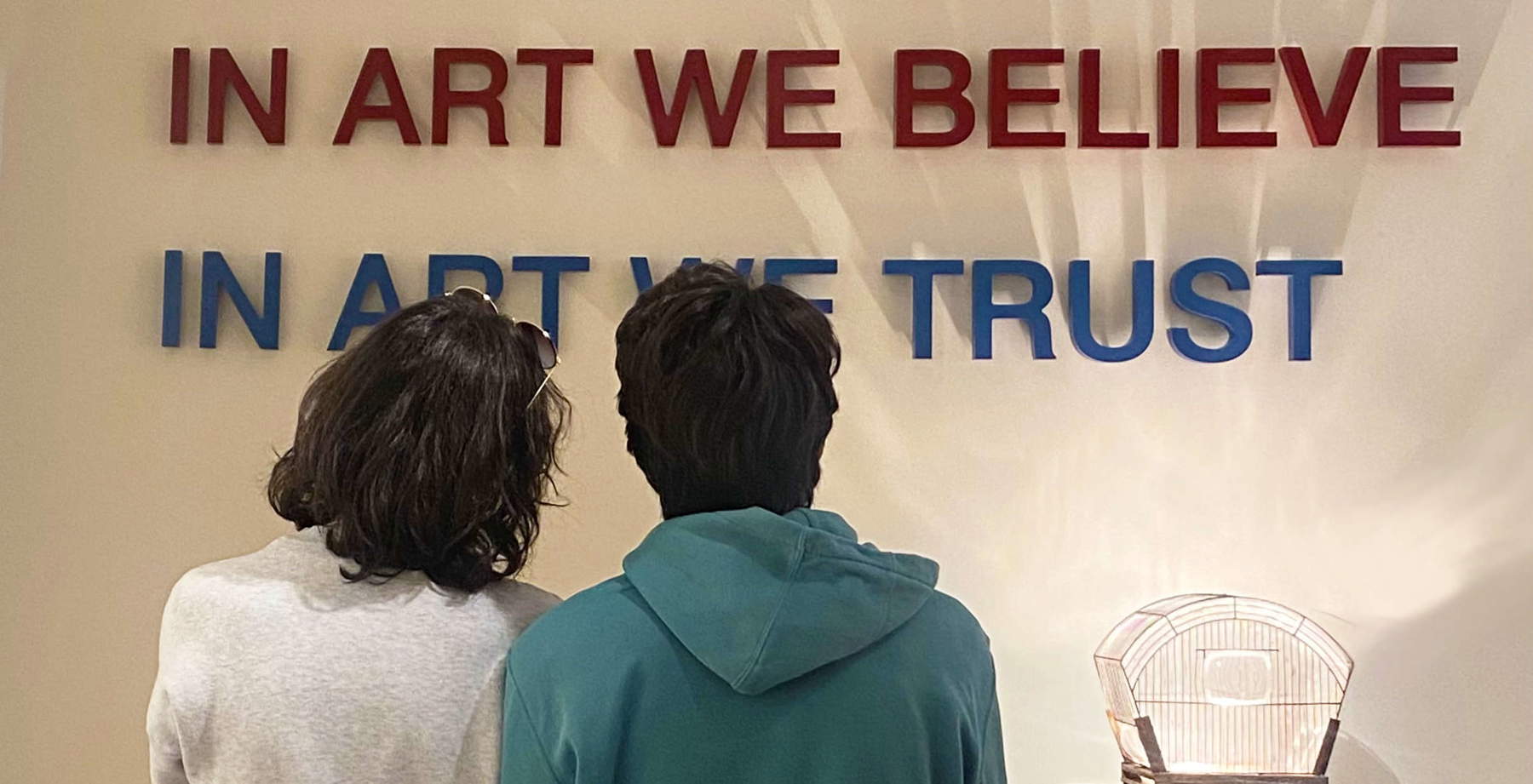The claim that visiting museums can strengthen mental health and reduce anxiety and depression is increasingly shared, but how consistent is this claim from a scientific point of view? The MINERVA project, a collaboration between Palazzo Maffei Casa Museo in Verona and the WHO Center for Research in Mental Health at the University of Verona, aims to answer this question through rigorous scientific research.
MINERVA, specifically, aims to create a structured cultural journey within a museum setting and evaluate the impact of the art and museum experience on psychological well-being, anxiety-depressive symptomatology and general functioning. The project aims to improve participants’ psychological well-being, reduce anxiety and depressive symptoms, and improve general functioning.
The project has already had a pilot phase, which started at Palazzo Maffei last May: this phase involved a sample of 36 participants, 82 percent of whom were female, with an average age of 50 years and an age range of 21 to 80 years. Most participants had a master’s degree, with an equal distribution for other degrees. Forty-two percent of the sample were married and 63% with children, representing diverse work situations. The heterogeneous sample represented various socio-demographic characteristics.
Prior to the start of the museum tour, 67% of participants reported significant psychological distress, with mild anxiety and depressive symptoms of varying degrees. After completion of the three scheduled meetings, participants showed improvement in all areas of investigation. In particular, there was a statistically significant reduction in anxiety (p-value < 0.022) and depressive symptoms (p-value < 0.037), as well as psychological distress (p-value < 0.001). An increase in psychological well-being was also observed. More than 90% of the participants reported that the museum tour was satisfying, interesting, and appropriate to their personal needs.
With the positive data from the pilot phase, the MINERVA project is preparing to enter the implementation phase that will start next September. Participation is free and open to audiences over 18 years of age, with registration via email to giulia.turrini@univr.it. The second phase will include three new dates on Sept. 6, 13 and 20, with three guided tours, weekly, following three defined themes: “ancient and modern: an ongoing dialogue,” “hidden science in art,” and “art and psychological well-being: a connection with works.” Participants are invited to follow all three visits and answer questionnaires from the research team before and after the museum experience.
MINERVA represents one of the first scientific attempts to measure psychological well-being resulting from the museum experience, making a significant contribution to the understanding of how art can improve mental health.
“While we are aware that the sample of participants in the pilot phase is numerically limited, the preliminary results look particularly promising. Allowing us to give continuity to the project and structuring new pathways after the summer to reach a more significant sample.” so explains Professor Michela Nosè, professor of Psychiatry and chair of the Single Guarantee Committee of the University of Verona, who is in charge of the MINERVA project together with Professor Corrado Barbui, also professor of Psychiatry and Director of the Department of Neuroscience, Bio-medicine and Movement, and Vanessa Carlon Director of Palazzo Maffei Casa Museo in Verona and vice president of the Carlon Foundation.
“Palazzo Maffei Casa Museo was born by the will of my father, collector Luigi Carlon, also in the belief of the importance of artistic enjoyment in people’s lives and how much art can contribute to individual and collective well-being and social growth,” comments Vanessa Carlon. “That is why we wanted to promote this project with an excellence such as the WHO Center for Research in Mental Health at the University of Verona. We have provided our collection, our museum visits, our art historians, and we hope there will be great participation from many different types of people. The surveys conducted I believe will be able to help further define the function and role of museums in society.”
 |
| Visiting museums reduces anxiety and helps mental health. A study in Verona gives the first confirmations |
Warning: the translation into English of the original Italian article was created using automatic tools. We undertake to review all articles, but we do not guarantee the total absence of inaccuracies in the translation due to the program. You can find the original by clicking on the ITA button. If you find any mistake,please contact us.